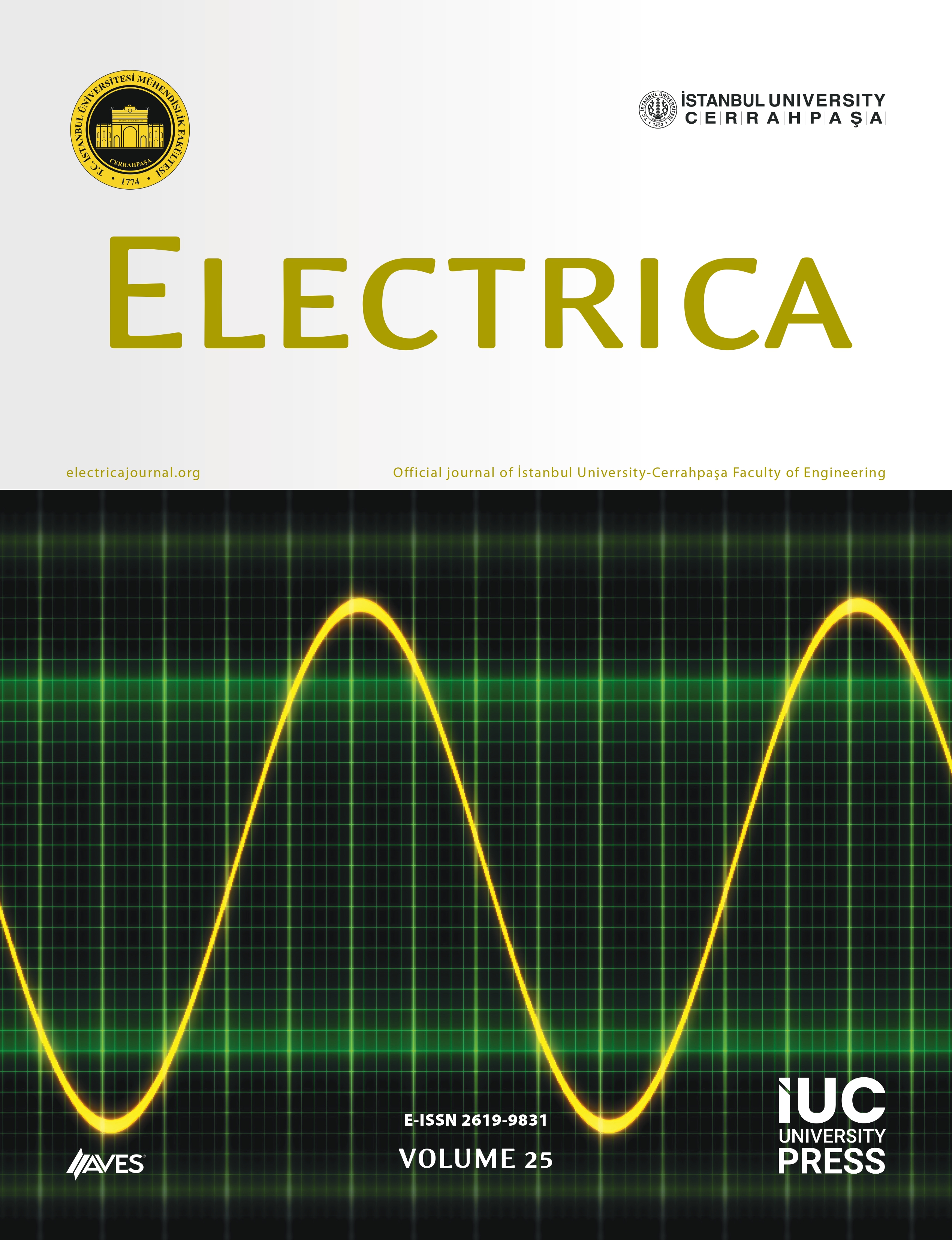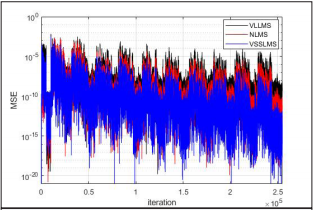Adaptive algorithms play a vital role in Digital Signal Processing (DSP) and Communication. Quality of Voice over IP (VoIP) Service is an important issue as VoIP service is an affordable alternative to conventional communication methods. The Least Mean Square (LMS) algorithm is one of the most popular adaptive filters. LMS is the core of many active noise control applications. This paper presents a performance comparison between three modified versions of the LMS algorithms for online noise cancellation problem for VoIP applications. The three modified algorithms are all concerned with modifications of the step-size of the algorithm since the step-size has a direct relation to the convergence speed of the algorithm. The algorithms investigated in this paper are the Normalized LMS (NLMS), the Variable Step Size LMS (VSSLMS), the Variable Leaky LMS (VLLMS), and the Variable Step Size LMS (VSSLMS) algorithms. The comparison is based on various performance indices including convergence speed, Mean Square Error (MSE), Signal to Noise Ratio (SNR). The simulation test results show that the VSSLMS algorithm is the most suitable algorithm for this type of application.
Cite this article as: Hameed AA, Ajlouni N, Orman Z, Özyavaş A. Investigating the Effectiveness of Adaptive Step Size LMS Algorithms for the Use with VOIP Applications. Electrica 2020; 20(2): 116-123.



.png)

.png)
